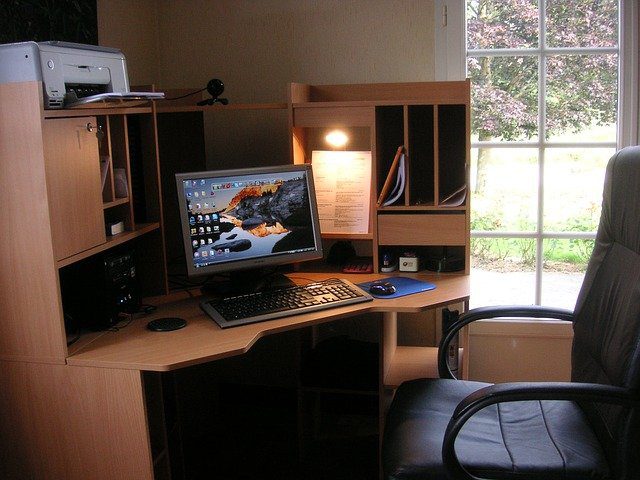Before March 2020, remote work was the exception, not the rule. After the pandemic shifted our priorities toward public health initiatives, remote work has become the new normal. Many businesses are seeing the benefits even beyond the COVID-safe primary causes. For example, working from home might be a boon to the industry’s eco-friendly efforts.
Want to join forces with the remote workforce to save the planet? First, stock up on the tools featured below. You’ll be one step closer to a sustainable office with the essentials in place.
Table of Contents
Tools to make remote work a breeze
The toolkit for a successful remote work operation bridges the gap between physical and virtual. For example, tools like a virtual address for businesses allow privacy and professionalism when going remote. A virtual business address is an actual physical location that receives mail on your business’s behalf, eliminating the need for an office lease or a wasted mail run downtown. These essentials ease the transition to remote work while saving a shoe size on your carbon footprint.
Other tools include video conferencing software like Zoom and task management software like Monday or Asana. Anything that you can perform in-person, your employees can perform from the comfort of their homes using virtual tools. Use walkie-talkies to communicate when reception is spotty.
Now that you’ve stocked your WFH toolkit, here are a few of the planet-saving benefits of 86-ing the in-person work model.
Skip the commute
If you’ve ever worked in person, you probably aren’t the slightest bit surprised that this is the first benefit of remote work. Traveling to the office in rush hour traffic is a nightmare, and it only worsens the more extensive your city is.
Working from home means skipping the bumper-to-bumper traffic on the way to work and the annoyance of trying to grab food (whether you’re looking to grocery shop or get some fast food) on the way home. All this talk of traffic leads right into the second eco benefit.
Cleaner air
With remote work becoming more common, humanity can already see substantial environmental impacts. One of the biggest to date is a considerable reduction in carbon emissions as people spend less time driving to and fro every day.
Clouds of smog that have haunted large cities for decades now have the potential to lift for the first time in years as remote work becomes more the rule than the exception.
Less paper
You don’t need paper as much as you may think. You can skim through documents just as quickly in a Word document. Commenting in the margins without using your professional handwriting is a tree-saving measure for the modern age.
Less plastic
No one wants to drink coffee in the office break room, so many people buy coffee outside of the workplace. How many Starbucks coffees do you drink every month when working in the office? It’s probably more than you drink at home.
Imagine how much less plastic people would use if 80% of office workers worked from home. It’s much easier to use ceramic dishes in your own home than in shared office spaces.
Less power used
Your home already has electricity and temperature control, and that office building requires so much more. So why are you powering both when the average worker can work from home?

Sure, your company could put solar panels on the building, or they could stop pumping money into unnecessary electricity usage.
Better employee diets
It might not seem like much, but employees being able to skip the line at the drive-thru at breakfast, lunch, and dinner has the potential for a substantial environmental impact.
With the time saved from commuting, you can take time to have that veggie omelet or yummy smoothie. Food options abound when you aren’t limited to what’s on the route to or from work, allowing everyone to choose from more than the nearest Taco Bell to the office.
Potential for metropolitan infrastructure change
If remote work is maintained, companies will rapidly phase out office buildings. What will cities be able to do with all of that space? Imagine parks with lush green spaces taking over commercial areas with walking paths and dog parks.
Wrap up
It isn’t hard to see the vast benefits remote work can offer the environment when you take a step back. From reducing waste to creating room for change, remote work may be the step humanity (and your company) needs to take for a brighter, greener future.
Featured Image by inkflo from Pixabay




